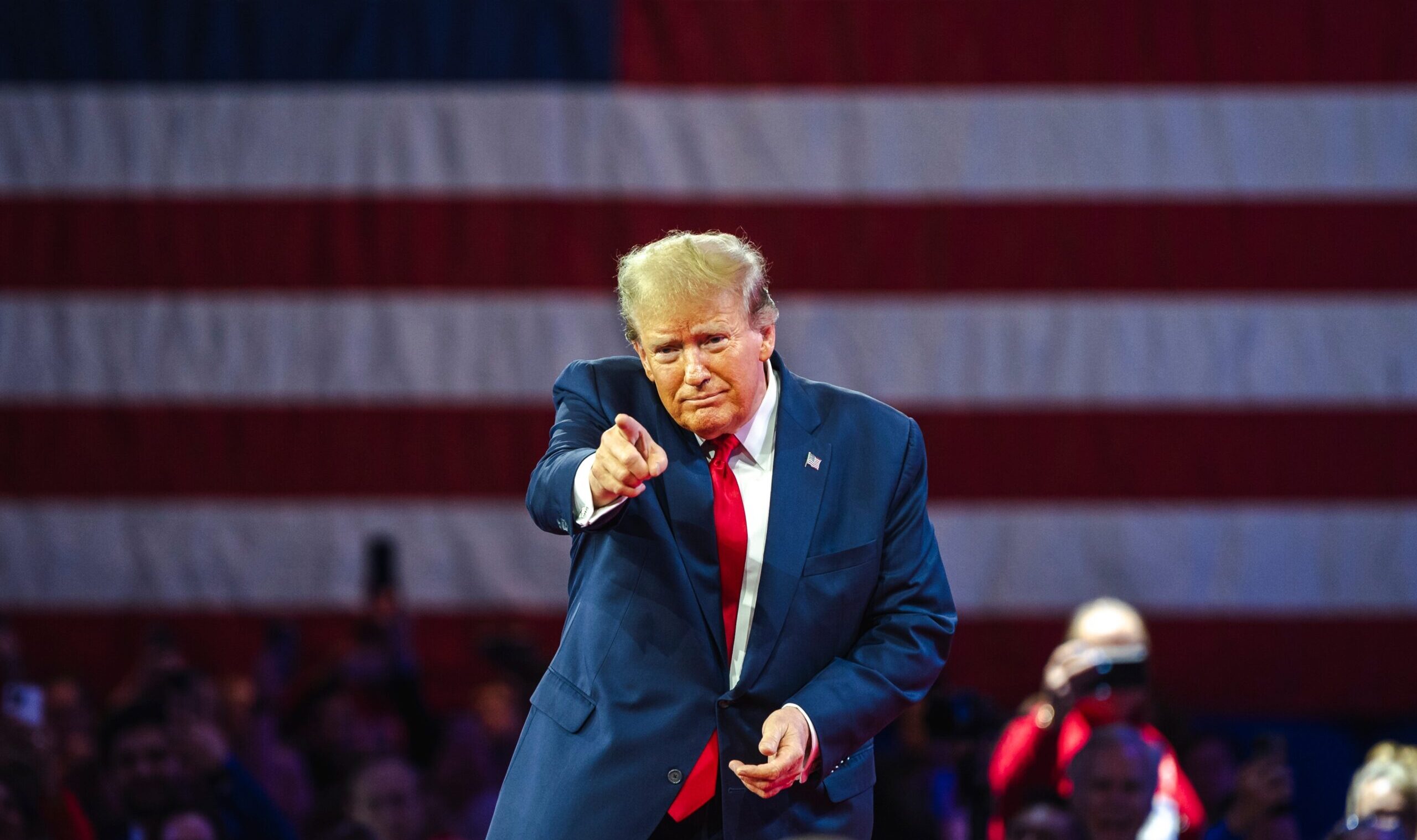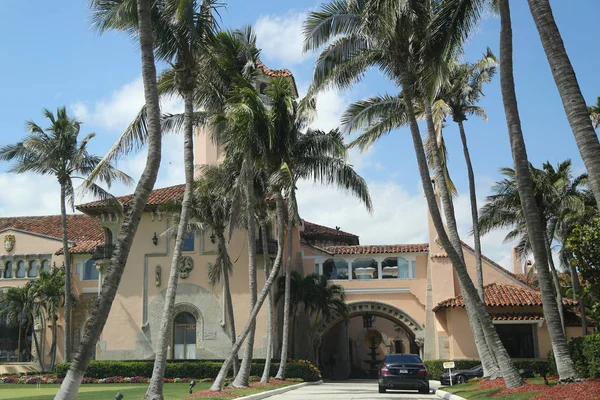Is Trump Playing for Keeps?
The 47th president seems intent on making his coalition something durable.

One of the great questions of recent American political history: Why, despite true electoral landslides, were Nixon and Reagan unable to compel the permanent realignment of blue-collar Rust Belters and Midwesterners toward the Republican party?
Explanations vary, and far be it from us to indulge monocausality: The GOP was a spiked gun after Watergate; the Northeastern business class was still dominant within the party, and had little use for worker-friendly positions like trade-unionism or protectionism; and so on. What is most striking, however, is that the party mostly didn’t try; instead, starting in the mid-’90s, the GOP began to bet big (and poorly) on the proposition of Hispanic realignment, even as the Democrats’ Clintonite vanguard began to abandon labor for greener pastures.
President-elect Donald Trump notched a victory that, Twitter hyperbole aside, does not even sniff the Nixon and Reagan landslides. Nevertheless, it is a massive improvement of recent Republican performances at the national level, and suggests the party may have a future in actually winning elections by getting more Americans to vote for it than for the alternative. The present corollary of the historical chestnut presses itself upon us, though: Is the Trump coalition durable, or is it a one-off alliance of convenience against a world-historically unpopular Democratic candidate?
The American Conservative’s contributing editor Ryan Girdusky examined this question for our latest print number in what is (for my money) the best wide-lens postmortem analysis of the election. It’s worth pulling out the class detail and scrutinizing it on its own, though; here is the most visible, emergent contradiction in the Trump coalition. Labor, even at the organization level, swung hard toward Trump. The president of the Teamsters addressed the Republican National Convention in July, and, while the union in the end declined to make an endorsement, it did publish its member surveys showing overwhelming support for Trump. The Donald dominated Kamala Harris in the Rust Belt. At the same time, while the northeastern financial interests remained overwhelmingly (albeit unhappily) pro-Harris, a significant number of tech magnates got behind Trump. A significant bellwether was the venture-capital titan and former Biden supporter Marc Andreessen of Andreessen Horowitz, who articulated a pro-growth, pro-production, anti-regulation rationale for backing Trump. Here is a repetition, or at least a rhyme, of the Nixon-Reagan trick.
But pro-efficiency capital and worker-protecting labor are, to put it gently, odd bedfellows, as has been seen time and again. While Trump has, in his transition, handed out goodies to each side, as in his pro-worker NLRB chair appointee and his designation of the tech magnate David Sacks as “crypto czar,” an episode of open conflict is inevitable. How Trump navigates it, that is, whether he will or even can keep both tendencies within his very large circus tent, will give us a clue about the next few years or decades of GOP politics.
That episode seems to be upon us. The International Longshoremen’s Association, an AFL-CIO trade union whose members serve East and Gulf Coast ports, is threatening to renew its October strike in mid-January over what it sees as insufficient protection from job automation in the contract proposed by the U.S. Maritime Alliance (USMX), a collective of shipping industry concerns. USMX has offered a massive pay hike and asserted, somewhat unconvincingly, that it has no intention of increasing port automation. USMX and industry observers have pointed to the well-documented inefficiency of American ports, particularly ILA ports. (The West Coast ports are served by the International Longshore and Warehouse Union, which has been more receptive to technological innovations, including automation. Unsurprisingly, the result is that ILWU ports are more efficient.) Among others, Andreessen has been a vocal critic of the ILA’s opposition to port automation, as has Elon Musk.
The typical GOP response would be to side with the money wing of the party. Instead, on Thursday, Trump issued a long and forceful statement supporting the union, deploring the largely foreign-owned members of USMX and the job losses associated with automation. Many technologists on Twitter, particularly those who focus on hardware production, criticized the announcement vociferously. Yet the most prominent representatives of Silicon Valley who had previously held forth on the issue, particularly Andreessen and Musk, were conspicuously silent—that is, they are, for now, staying in the tent, choosing not to carp.
While looking at the Trump transition, we revived an old metaphor for statesmanship, that of the weaver—the statesman has to make his cloth with the best combination of the different threads he has available to him. This applies to an electoral coalition, too. You have to balance conflicting interests or purge them from your coalition; balancing them means disappointing one side or other sometimes. Compromise is not a good per se, but, if you want to win, you sometimes have to stoop to it. A long four years lie ahead, but, for now, Trump seems inclined to consolidate what Nixon and Reagan could not.
The post Is Trump Playing for Keeps? appeared first on The American Conservative.

